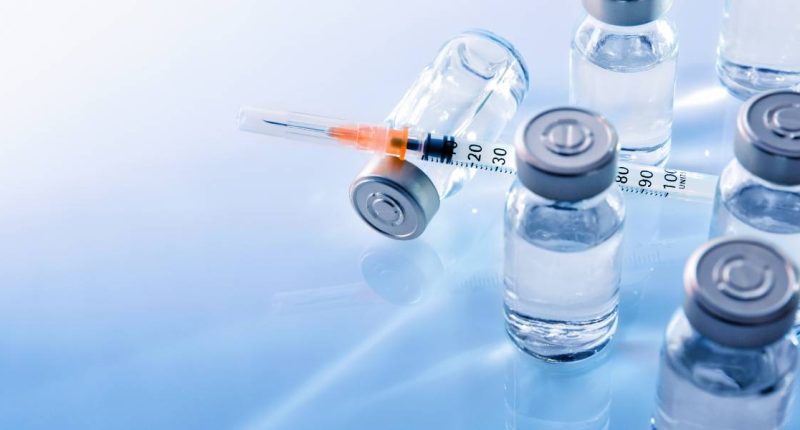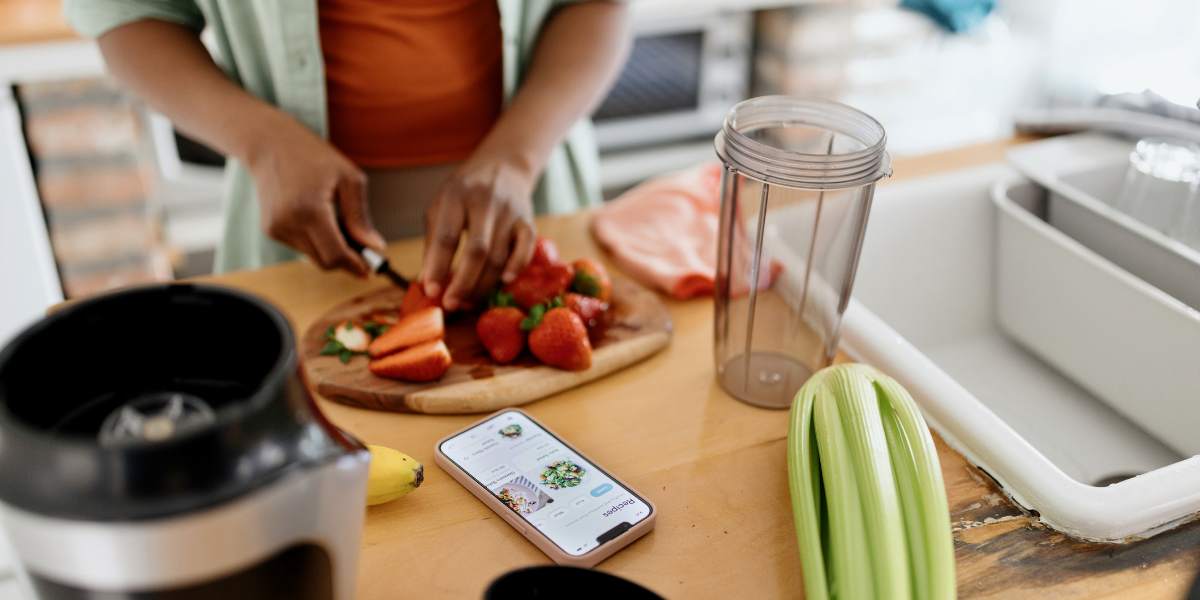People with type 1 or type 2 diabetes could soon benefit from weekly insulin injections after new research showed they are as effective at controlling blood sugar levels as daily jabs of long-acting insulin.
Two clinical trials compared the effectiveness of degludec (Tresiba), a longer-acting insulin which is taken at least once a day and delivers a steady stream of the medication during a 24-hour period, and a novel basal insulin, efsitora alfa, a weekly injection.
One trial compared the impact of the two types of insulin on people with type 1 diabetes while the other involved people with type 2 diabetes.
Both trials looked at HbA1c (A1c), which measures a person’s average blood sugar over the previous two to three months.
The normal range for HbA1c for someone without diabetes is between 4% and 5.6%.
One of the study’s lead authors, Carol Wyshamfrom the University of Washington School of Medicine, explained: “Traditionally, basal insulins are dosed once a day – a treatment schedule that can make compliance difficult for a significant portion of people living with type 2 diabetes.
“Efsitora has the potential to address treatment burden and improve adherence – all while lowering A1c. These results can make a significant impact for people living with type 2 diabetes looking for a once-weekly option that provides similar outcomes as daily insulins.”
Type 1 diabetes
The 52-week trial involving 623 people with type 1 diabetes found that that among those having the weekly jab, efsitora, there was a mean reduction in HbA1c from 7.88% at baseline to 7.41% halfway through the trial. For the daily injection, the figure reduced from 7.94% to 7.36%.
The study authors concluded: “In adults with type 1 diabetes, once weekly efsitora showed non-inferior HbA1c reduction compared with daily insulin degludec.”
However, the researchers highlighted higher rates of hypoglycaemia (low blood sugar), including severe hypoglycaemia, among those participants taking efsitora, saying more research is needed to assess efsitora doses in people with type 1 diabetes.
Type 2 diabetes
Another 52-week trial involving 928 people with type 2 diabetes who had not taken insulin previously compared the effectiveness of the weekly and daily injections.
Some of the participants were taking glucagon-like peptide-1 (GLP-1) receptor agonists.
This trial found that with efsitora, the mean HbA1c dropped from 8.21% at baseline to 6.97% at week 52. For those on degludec, the figure lowered from 8.24% to 7.05%.
The ‘time in range’ (the amount of time participants spent in their target blood sugar range) was 64.3% with efsitora and 61.2% with degludec.
Rates of hypoglycaemia for both drugs were much lower in this trial compared to the study involving people with type 1 diabetes.
Jeff Emmick, senior vice president of product development at Eli Lilly and Company, said: “For the past century, we’ve been searching for the next scientific breakthrough that would alleviate the complexity that comes with starting insulin treatment.
“With these results, we believe we’re headed towards a future where people with type 2 diabetes who use basal insulin can achieve their desired results with a simple treatment option like efsitora.
“In adults with type 2 diabetes who had not previously received insulin, once-weekly efsitora was noninferior to once-daily degludec in reducing glycated haemoglobin levels.”





